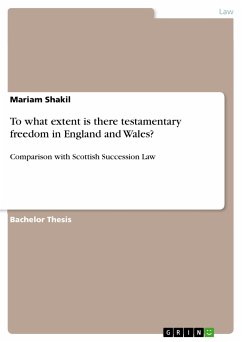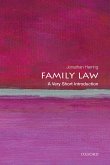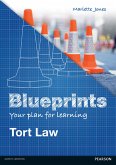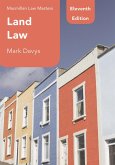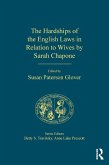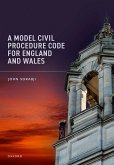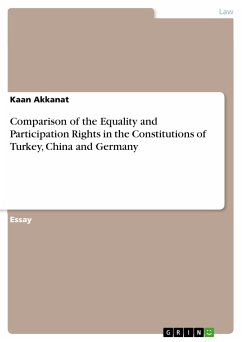Bachelor Thesis from the year 2018 in the subject Law - Civil / Private / Family Law / Law of Succession, grade: 71%, Anglia Ruskin University, course: LLB (Hons), language: English, abstract: A testament is considered to be one of the most fundamental actions that an individual carries out, having followed the criteria to constitute valid legacies. The assumption, in England and Wales, is that the provisions will be adhered to, as they enjoy testamentary freedom. This dissertation is based on the power that one possesses over their assets and the amount of freedom they have to be able to dispose it on their death. Absolute testamentary freedom is not seen in any legal system, as it would constitute many issues. Thus, evaluating the present restrictions that occur in relation to the construction and validation of a testament, which could arise before or after the death of a testator/trix, by using Blackletter Law as the method of gaining information. An overall evaluation will consist of a brief history of testamentary freedom and how the legal system has evolved over time, with the help of reforms of legislation and case law, while discussing any further restrictions that should be made. The Scottish jurisdiction is used to compare the differences between having limitations on testamentary freedom, such as having fixed family rights over assets. One of the main focuses of this dissertation is dealing with one of the most controversial areas of Succession law, being the Inheritance (Provisions for Family and Dependants) Act 1975 and discussing the possibility of making it more stringent to be able to make a claim under this Act. As freedom of testation acts as basic right an individual possesses, this dissertation will conclude that while the present restrictions are set into place, they are reasonable and should not be further restricted.
Dieser Download kann aus rechtlichen Gründen nur mit Rechnungsadresse in A, B, BG, CY, CZ, D, DK, EW, E, FIN, F, GR, HR, H, IRL, I, LT, L, LR, M, NL, PL, P, R, S, SLO, SK ausgeliefert werden.

